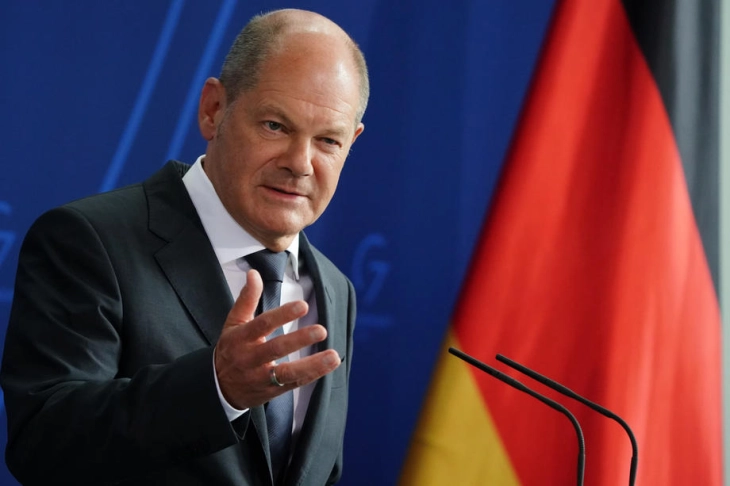Germany set for early elections on February 23 after coalition falls
- Germany is set to head to the polls on February 23 following the collapse of Chancellor Olaf Scholz's centre-left coalition, sources told dpa on Tuesday.

Berlin, 12 November 2024 (dpa/MIA) - Germany is set to head to the polls on February 23 following the collapse of Chancellor Olaf Scholz's centre-left coalition, sources told dpa on Tuesday.
Parliamentary leaders from the country's largest political parties - Scholz's Social Democrats (SPD) and the conservative Christian Democratic Union (CDU) - have reached an agreement on a timetable to call the election, sources from both sides told dpa.
Scholz is expected to table a vote of confidence in the Bundestag, the lower house of parliament, on December 16. If, as expected, he loses the vote, President Frank-Walter Steinmeier can call for elections to be held within 60 days.
The agreement follows a week of wrangling in Berlin after Scholz fired his finance minister Christian Lindner from the pro-business Free Democrats (FDP) on November 6, leading the party to withdraw from the unpopular three-way coalition with the SPD and Greens that came to power in 2021.
The FDP's exit - a product of months of acrimonious negotiations over the government's proposed 2025 budget - left the chancellor without a majority in the Bundestag and effectively unable to govern.
Scholz initially proposed holding a vote of confidence in January. However he faced huge pressure from opposition parties to bring the timetable forward amid demands by business leaders for a quick election to provide leadership and direction for the country's struggling economy.
An ugly dispute then erupted after Germany's top election official, Federal Returning Officer Ruth Brand, warned that holding an immediate election would carry "unforeseeable risks," highlighting potential issues with the printing of ballot papers and the need to ensure the security of the vote.
With the CDU and its Bavarian sister party, the Christian Social Union (CSU), determined to press home their clear advantage in the polls, Brand faced criticism of interfering with the democratic process.
Scholz favoured a delay in holding the election as he is determined to pass a number of bills still making their way through parliament. That includes a key reform to enshrine protections for the country's constitutional court amid the rise of populist parties such as the far-right Alternative for Germany (AfD).
MIA file photo







